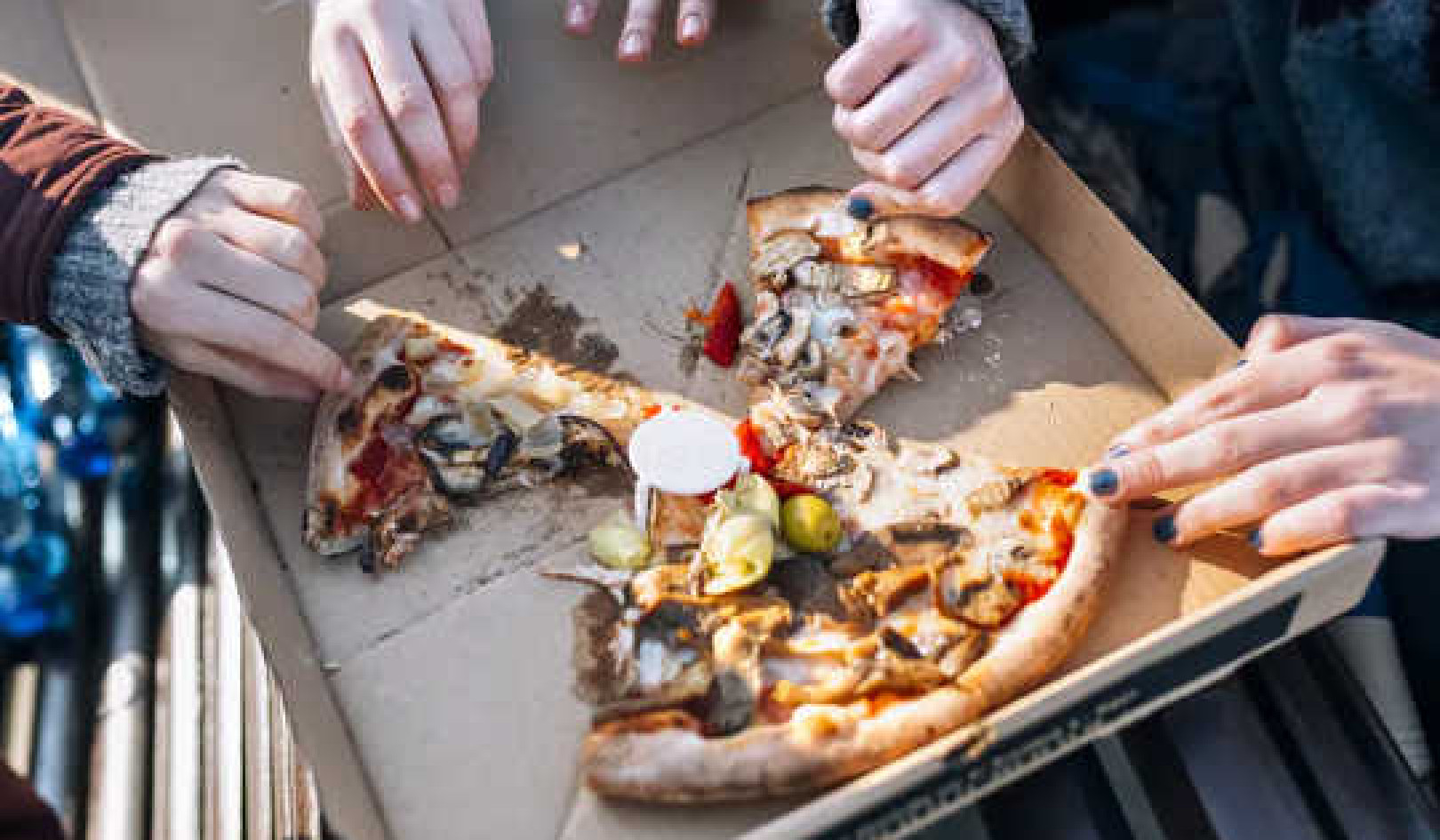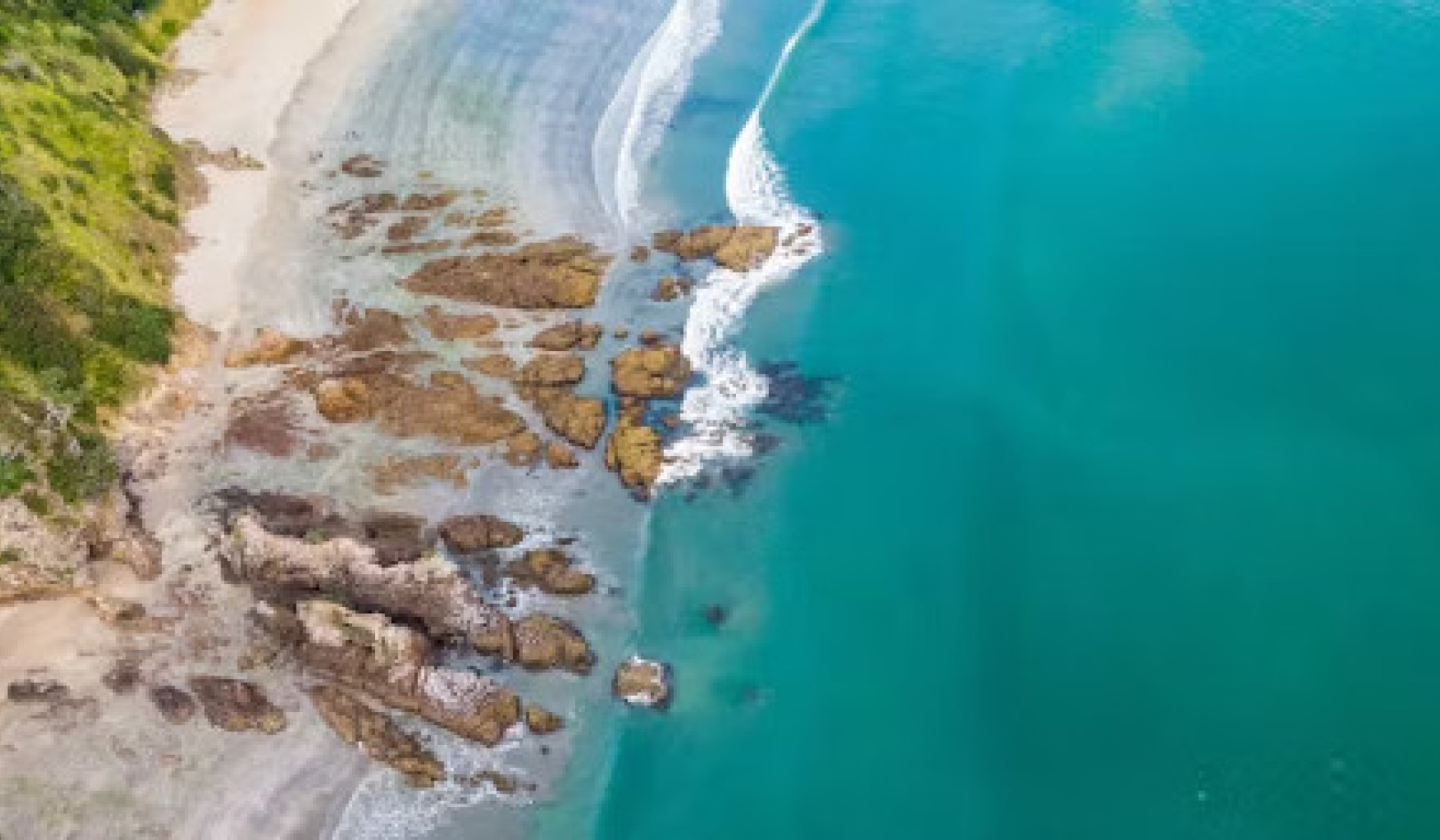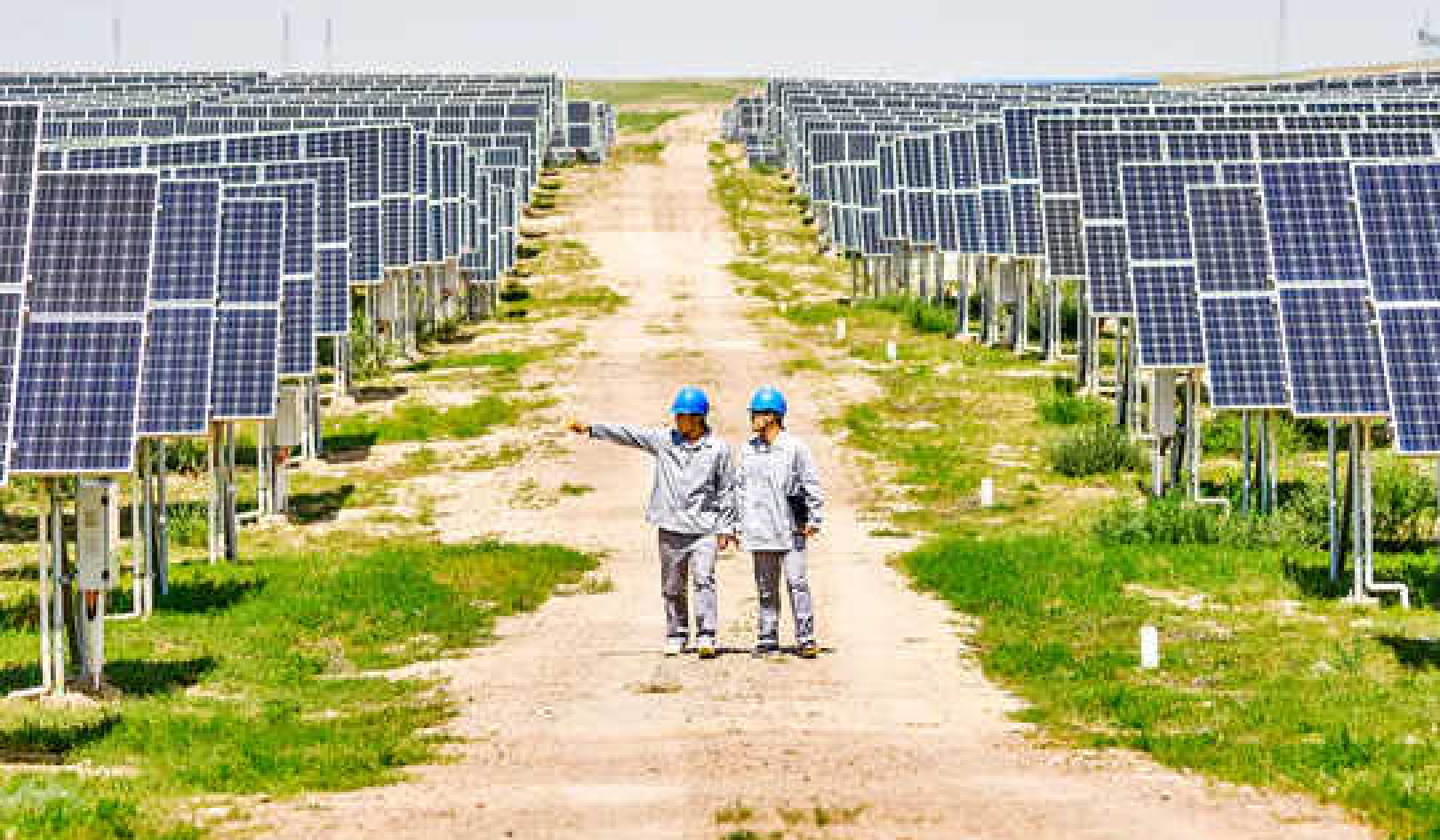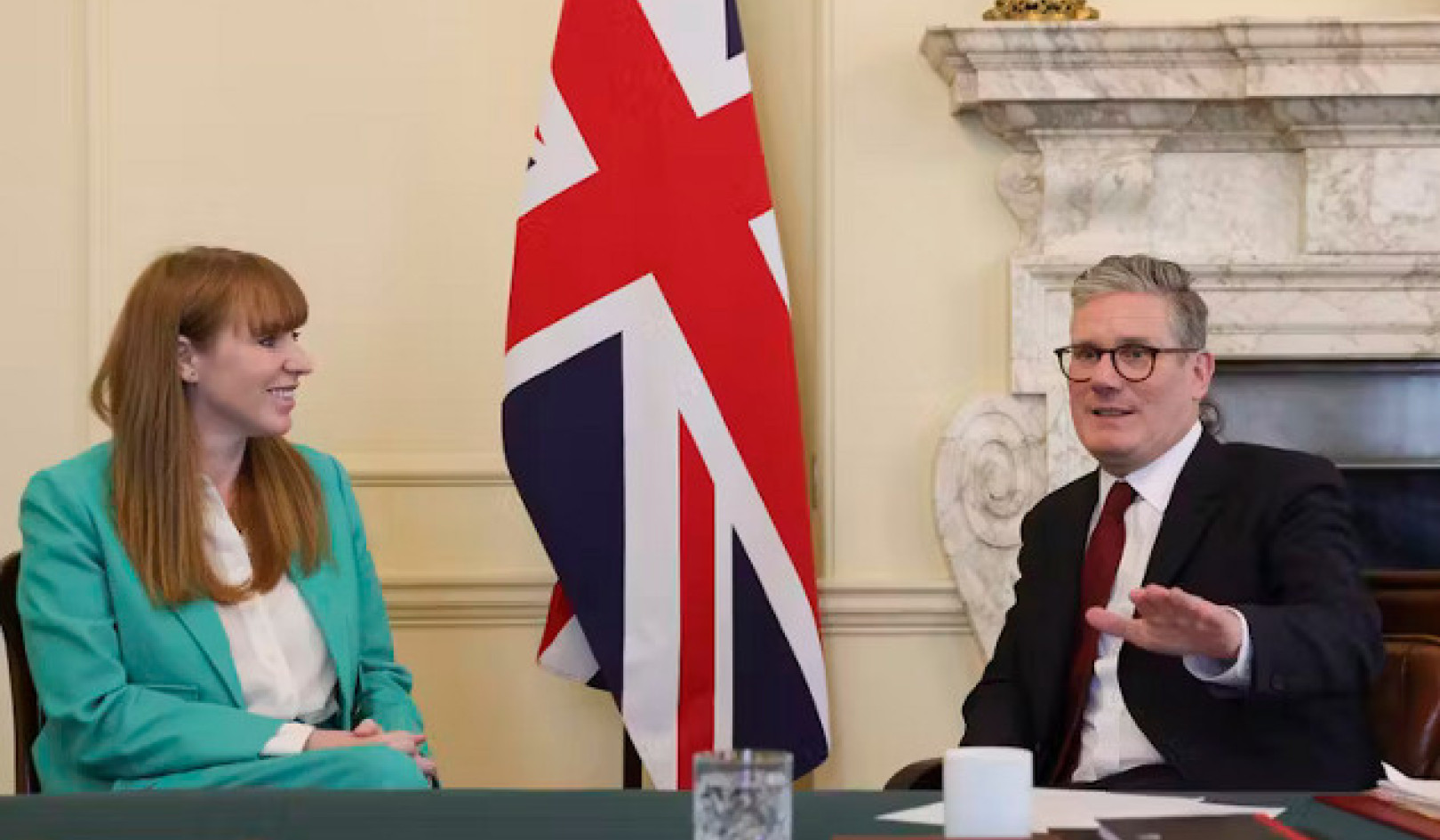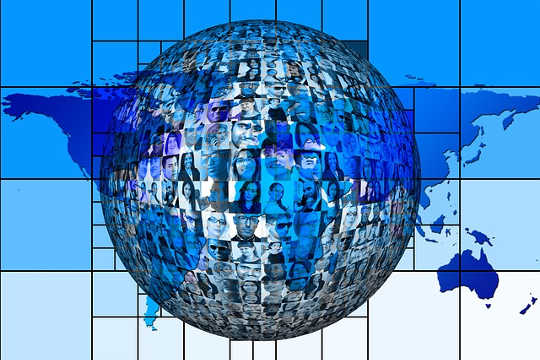
To be “in this world but not of it” is the ultimate challenge. It's so much easier to withdraw from the craziness or get lost in it. Trauma specialists identify isolated incidents of extreme stress, but who considers the daily damage from living in this madhouse prison called civilization? Especially when we are simultaneously the inmates and the wardens? Especially, when we realize it and don’t have support to walk through the door that’s just swung open, unsure of what lies beyond.
Actually, it’s safe here and there are many others. The enlightenment we’ve struggled to find, retreating into solitary confinement rushes towards us when we engage together.
Regardless of widely believed religious pronouncements, the material world is not an inferior world. To agree with that judgment would be to accuse the Creator of making a grand mistake. If we add in the concept of original sin and believe that the same God made us vulnerable to temptation, then not only does He do shoddy work but He needs therapy. Perhaps we’ve just made Him in our own image.
What a crazy belief: give us delicious bait – this material world complete with all its delights and sorrows – and dare us to take a bite.
No, this world, this unfinished symphony we dance around in every day, is a wonderful world — except for the horror we have manufactured, often fueled by faith in beliefs of one kind or another. Every word in this book invites you to place your faith elsewhere, in the unfolding reality of now and your ability to make a difference through unreserved engagement.
Moving From Human Survival to Human Transformation
Why have you undertaken this journey of personal transformation?
Because you’ve come to understand that “now or never” describes this crisis moment of the twenty-first century. Because you agree that human survival is no longer possible or required, that human transformation is our only hope. Because you get the urgent truth that either I / you / we come together in deep time to broadcast a global wake up call, or the human species could go the way of the Dodo bird.
You also understand that although we must do this – whatever “this” turns out to be – you’ve decided that you must do this. It’s a hot eagle moment. That’s another new term of mine. Going “hot eagle” is the opposite of going “cold turkey.” It describes total, passionate, 100% commitment.
I am living on Maui and become ill. My naturopathic doctor calls to let me know that my test results are in. She suggests that we meet by the ocean at sunrise.
I endure a sleepless night, fearing the worst. The next morning we meet on the beach at sunrise and she tells me that all is well. A simple remedy will heal me.
In the moment before her reassuring words, while praying for strength to bear the news, I hallucinate three Hawaiian warriors standing on a nearby lava spit. They glare at me and transmit a silent message: “Do what you came here to do, for our tribe!”
I know that it will take the remainder of my life to fully understand this message and complete my mission.
Making Your Contribution
A spiritual seeker asked his master: “How long will it take me to reach enlightenment if I meditate an hour a day?” His teacher replied, “Twenty years.” The eager student then asked, “And how long if I meditate four hours a day.” His master answered, “Then it would take you sixty years.”
So, relax. That character who wants to rush the process is not you.
Here we are, diving into the “doing” part of this book, so let’s remind ourselves that there are two ways to do everything: the hard way and the easy way. The easy way is to be pulled by a compelling vision. The hard way is to push towards a goal. What would you prefer? And, what will your contribution be?
You won’t donate to feed a million starving children. You might donate to save Maria. Feeding Maria converts a global crisis into personal action, right here, right now. You write the check, you make a contribution. But that generosity might lapse, unless your desire to contribute is consistently fed by a compelling vision.
Andrew Harvey’s system of sacred activism hinges on finding your “heartbreak” and following it to discover your personal cause. One of his own heartbreaks and causes is the inhumane treatment of animals, so he advocates for them. His book, The Hope, is a must-read, for fully reclaiming yourself and contributing meaningfully as a visionary activist.
He writes:
The only questions you will be asked when you cross over the waters of death are “What did you do while the world was burning? How did you work to heal the horror of the world on fire? What did you love enough to risk and give your life for?’” Nothing else will matter. Understand this now. Turn away from everything you have been and done and believed, and dive into the furnace of a divine love that embraces all beings. Give your whole life to spread and embody the message of its passion to the world – that the world must now wake up, claim the sacred fire that lives within every human heart, and act from it. The one hope, both for you and for humanity, is to take up the challenge of the divine and put the fire of divine compassion into radical action in every arena of the world.
What’s your heartbreak? What’s your cause? How will you contribute in this now or never moment on planet earth?
We’ve been frogs in the warming pan for centuries. So far, we haven’t stirred much, let alone jump. It takes something “urgently compelling” to finally make us leap and save ourselves from boiling to death.
Motivation through fear doesn’t guarantee ongoing action, by the way, only ongoing fear. There’s a more effective long-term motivation: love.
Follow Your Heartbreak
Love will guide you when you follow your heartbreak. You may be led to a book, counsel from a wise elder, a song, a movie, or a dream. You might be called into the forest and, strolling there, “get an idea.” Where did that idea come from?
You might find yourself watching the news or reading an article online when you are suddenly moved to tears and some kind of deep understanding dawns: “This is what I must devote myself to.”
And, with that commitment comes a moment of terrible realization. I remember my moment:
I am stirred to tears by the mess I’ve helped create on this planet with my apathy and self-preoccupation. I beg forgiveness for every narcissistic moment. But I’m acting now, compelled by the powerful vision of a thriving future for our great grandchildren.
It’s late. There is no guarantee we will succeed. In fact, the odds are stacked against us. But we owe it to those future generations to try. Don’t we?
Each of us can ask: “What’s my contribution going to be?”
The Urgency Of Now
We can’t wait any longer to restore
our relationship with the Earth
because right now the Earth and everyone on Earth
is in real danger.
When a society is overcome by greed and pride,
there is violence and unnecessary devastation.
When we perpetrate violence
toward our own and other species,
we’re being violent toward ourselves at the same time.
When we know how to protect all beings,
we will be protecting ourselves.
A spiritual revolution is needed if we’re going to confront
the environmental challenges that face us.
-- Thich Nhat Hanh, Love Letter to the Earth
Guidance
Whatever you are most deeply committed to guides your decisions.
There are those things we must do, should do, want to do, and those things we choose to avoid. We must wear clothes in public, drive on the correct side of the road, drink, and eat.
We should floss our teeth regularly, remember our husband’s (or wife’s) birthday, and make dinner for the family.
We want what feels good: to love and be loved, to meditate, eat good food, win the game, get the promotion, and be successful.
We avoid what we don’t want to do: filing our taxes, washing dishes, ironing and vacuuming (revealing my gender here). We substitute habits like watching TV excessively, drinking too much, and faking sick days.
And, of course, we’re all different. Some people must work out in the gym to feel healthy. Others must avoid it at all costs. Some must be in a relationship. Others must go solo. Some must dedicate their lives to a better future of mankind; others must hide in distractions.
This comment from the book, Ecopsychology, provides some insights.
The psyche restructures itself to survive. The technological construct erodes primary sources of satisfaction once found routinely in life in the wilds, such as physical nourishment, vital community, fresh food, continuity between work and meaning, unhindered participation in life experiences, personal choices, community decisions, and spiritual connection with the natural world. These are the needs we were born to have satisfied. In the absence of these we will not be healthy. In their absence, bereft and in shock, the psyche finds some temporary satisfaction in pursuing secondary sources like drugs, violence, sex, material possessions, and machines.
The challenge is to give up secondary sources of temporary/immediate gratification and commit to a new primary source: participating to help steer humanity in a healthy new direction.
If we’ve awakened to the point where we must find and follow our calling, this is the only thing that can make us truly happy.
Copyright 2016. Natural Wisdom LLC.
Reprinted with permission of the author.
Article Source
Now or Never: A Quantum Map for Visionary Activists
by Will T. Wilkinson
 Discover, learn, and master simple and powerful techniques for creating the future you prefer and healing past traumas, to improve the quality of your personal life and help create a thriving future for our great grandchildren.
Discover, learn, and master simple and powerful techniques for creating the future you prefer and healing past traumas, to improve the quality of your personal life and help create a thriving future for our great grandchildren.
Click here for more info and/or to order this book. Also available in a Kindle edition.
About the Author
 Will T. Wilkinson is a senior consultant with Luminary Communications in Ashland, Oregon. He has authored or co-authored seven previous books, conducted hundreds of interviews with leading edge change agents, and is growing an international network of visionary activists. Find out more at willtwilkinson.com/
Will T. Wilkinson is a senior consultant with Luminary Communications in Ashland, Oregon. He has authored or co-authored seven previous books, conducted hundreds of interviews with leading edge change agents, and is growing an international network of visionary activists. Find out more at willtwilkinson.com/
Books authored and/or co-authored by Will
at InnerSelf Market and Amazon
























